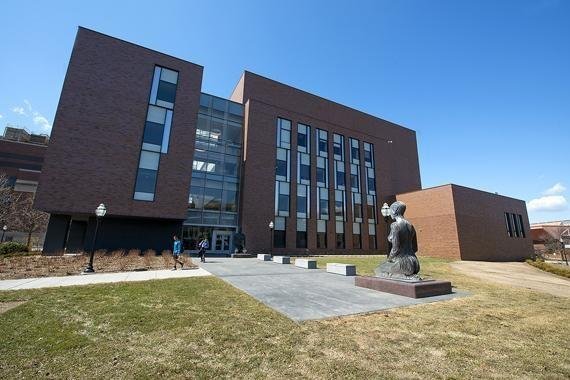Minnesota Semiconductor Manufacturing Consortium Launches, Paving the Way for High-Skilled Jobs

The University of Minnesota's Technological Leadership Institute (TLI) today announced the launch of the Minnesota Semiconductor Manufacturing Consortium, a groundbreaking initiative aimed at upskilling Minnesota's technical workforce for careers in semiconductor manufacturing. With the generous support of stakeholders including Honeywell, Raytheon Technologies's Collins Aerospace, Polar Semiconductor, and the Minnesota Nano Center, as well as a significant contribution from the Minnesota Department of Employment and Economic Development (DEED), this consortium will play a pivotal role in shaping the future of the semiconductor industry in the region.
“The launch of the Minnesota Semiconductor Manufacturing Consortium represents a huge step forward in our ongoing efforts to drive technological innovation and economic growth in Minnesota,” said Travis Thul, Operations Director at the Technological Leadership Institute. “We are grateful for the support of our corporate and academic partners and DEED, and we look forward to empowering individuals with the skills they need to thrive in the semiconductor industry.”
“This partnership is expected to grow, and build a sustainable workforce development framework that endures beyond federal and state funding, and serves a growing ecosystem of semiconductor companies in the region,” said Surya Iyer, President & COO of Polar
Semiconductor.
Under the auspices of TLI, the Minnesota Semiconductor Manufacturing Consortium will develop and implement asynchronous training programs covering essential areas such as microfabrication process flow, lithography, etching, and other cutting-edge techniques. These
comprehensive training modules will equip individuals with the skills and knowledge required for high-paying positions within the semiconductor sector. Leveraging state-of-the-art facilities and resources, consortium partners will also provide students with invaluable hands-on experience through laboratory components hosted by the Minnesota Nano Center.
“The Minnesota Nano Center is proud to partner with industry leaders and the state of Minnesota to meet the challenge of expanding the technical workforce in our state.” said Jim Marti, Senior Scientist and Outreach Coordinator at the Minnesota Nano Center. “Our goal is to improve and broaden training of workers for advanced microelectronics manufacturing, which is so important
to the continued economic and technical leadership of our region and the nation.”
"Honeywell is thrilled to see TLI receive grant funding for this transformative training program,” said Lisa Napolitano, VP and GM, Space Division, Honeywell Aerospace. “The demand for semiconductor job opportunities in Minnesota is of paramount importance, as they contribute to significant advancements on a global scale. Honeywell’s Radiation Hardened Microelectronics has already achieved remarkable milestones, journeying to Mars with the rover and surpassing Jupiter. However, the most extraordinary and demanding missions still lie ahead, requiring the expertise of exceptionally skilled technicians to accomplish
them."
In addition to its immediate impact on workforce development, the consortium is poised to foster further partnerships with regional semiconductor firms and capitalize on opportunities presented by the CHIPS Act. The recently enacted CHIPS Act legislation provides access to billions of dollars for semiconductor technology hubs, creating the potential for thousands of high-skill job
opportunities within the region.